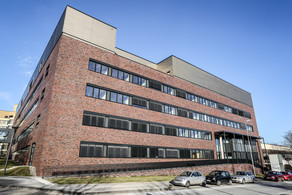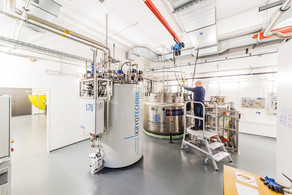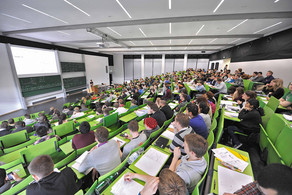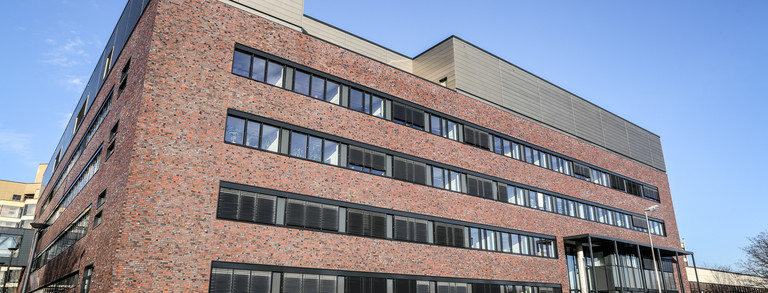Birthday colloquium Prof. Dr. Götz S. Uhrig
- Colloquium
Controlling Quantum Systems: From Small to Big
Quantum mechanics not only provides a framework for describing the microscopic world but also offers a roadmap for controlling and manipulating it. This opens the possibility of using quantum laws in much the same way that classical mechanics, thermodynamics, and classical electrodynamics have been harnessed to shape modern technologies. However, the complexity of quantum mechanics, with its probabilistic nature and nonlocal correlations, demands a deeper understanding of emergent phenomena to unlock its full potential. In this talk, I will discuss the manipulation of quantum states of matter, starting with individual qubits controlled via pulse shaping. I will then address multi-qubit systems embedded in quantum computers, where we aim to perform computations beyond the reach of classical methods. Finally, at the macroscopic scale, we manipulate phases of matter, such as inducing and altering superconductivity.
Emergent phenomena in correlated quantum systems
One of the central paradigms in modern science is to focus on collective behaviour and organising principles. In many scientific disciplines it is a key issue to understand the complex behaviour of many entities compared to the properties of a single one. The collective behaviour of matter as well as its interplay with light holds the key to a variety of correlated many-body states like spin liquids or superconductors as well as for quantum-technological applications. In this talk we focus on the Heisenberg model for S=1/2 describing interacting spins of electrons localized on lattice sites due to strong repulsion. It is the simplest strong-coupling model in condensed matter physics with wide-spread applications, e.g. in the context of cuprate high-temperature superconductors. In leading order, their undoped parent compounds realize the Heisenberg model on square-lattices. Much is known about the model for long-range processes, where the physics is governed by spin waves (magnons) of the ordered antiferromagnetic phase. Much less, however, is known for short-range processes which are relevant for understanding high-temperature superconductivity. We present a comprehensive picture in terms of dressed magnons. The resulting spectral signatures agree strikingly with experimental data. Extensions to frustrated Heisenberg systems as well long-range interactions are also discussed.








